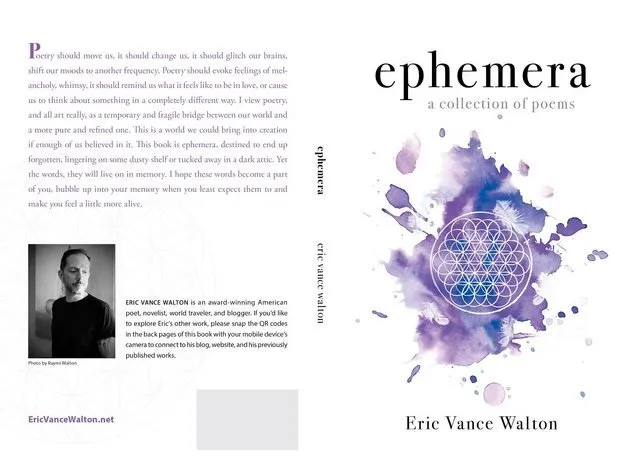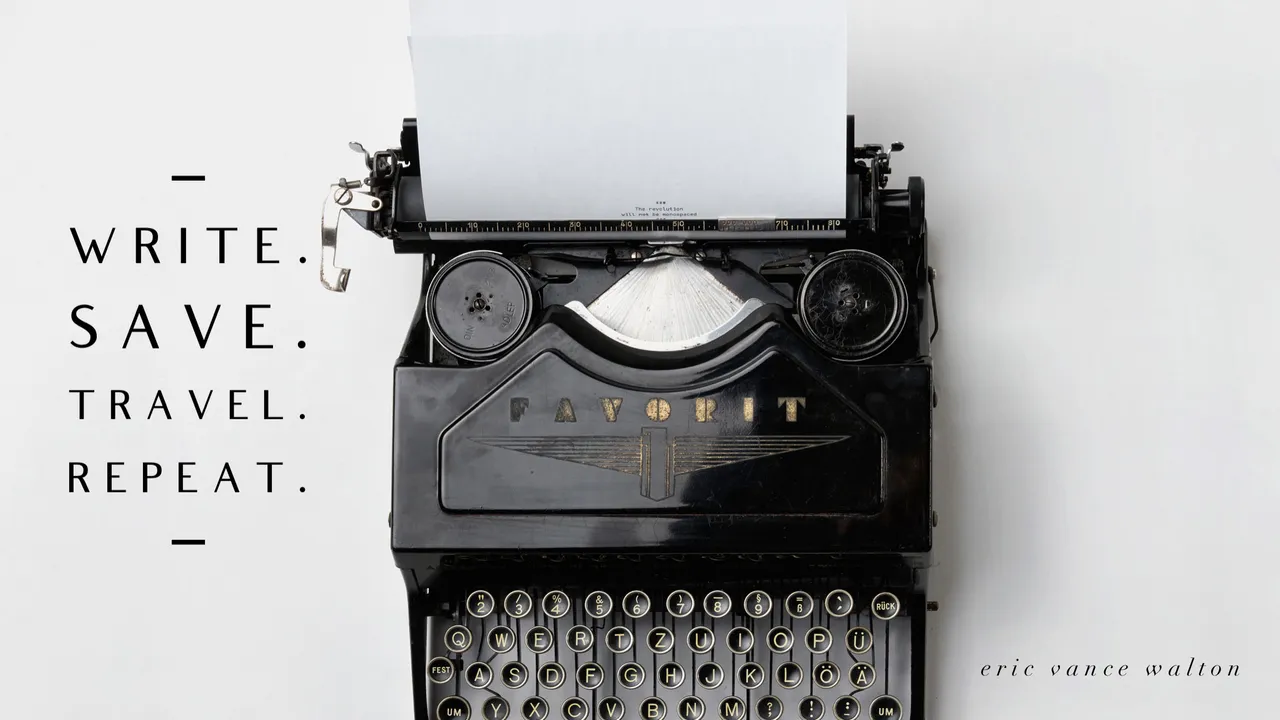
Chapter Intro
Have you ever felt "stuck" in life? Have you ever felt like no matter what you try to improve your situation nothing helps?
Is it possible that the answer to most of your problems and all of the reasons you’re feeling “stuck” can be overcome by turning your attention inward?
In this chapter we begin to drill down into the subtle layers of meditation and what they represent.
We will also explore how to breathe properly. Trust me, this is something almost no one does correctly and we all suffer for it in a variety of ways. Nothing else is so simple to learn but has such a profound effect on your health and overall wellbeing.
With these first few chapters we’re building the foundation for your pathway to freedom no matter what life throws at you.
Enjoy!
Chapter Two
Modern life is like a double-edged sword. Although the average person enjoys a reasonable amount of leisure time, it doesn’t feel that way. Thanks to our mobile phones, we have instant access to more information than any other generation in history but we also have countless distractions. Our senses are assaulted from the time our alarm clocks wake us in the morning to the time we drift off to sleep at night. In addition to mobile phones there’s also television, radio, billboards and numerous other things competing for our attention constantly.
One. The Physical Step
All of these distractions and demands make the first step of meditation the biggest challenge. The first step is what I refer to as the Physical Step and requires us to calm our bodies and quiet our minds. This must happen before we can reestablish the connection to our souls and to the universe.
The act of meditation is like connecting our souls to a deep unfathomable knowledge that is available to everyone and everything. This is very similar to the way your mobile phone connects to the internet through Wi-fi or a cellular signal. For you to establish this vital connection you must first be able to attain a certain level of peace within yourself.
Two. The Psychological Step
Once the mind is still the second phase, the Psychological Step begins. This is when we start to release the baggage that we’ve acquired throughout the years. Psychological scars will begin to heal, you will feel as though you are putting the past behind you, and you will feel a sense of completeness. In this second phase our perspectives begin to shift ever so slightly. We start to gradually break free from negativity, self-limiting thoughts, and behaviors that have become destructive habits in our lives.
Three. The Spiritual Step
The third and final step of meditation is the Spiritual Step. This is deep meditation and words cannot fully describe what will happen. I can only tell you it will change your life for the better. You will regain the power to be the best version of yourself each day for the rest of your life.
“The beautiful thing about meditation is you don’t have to understand the mechanics of how it’s working. The only thing required of you is to have faith and resolve to practice. If you make an effort to meditate, even fifteen minutes a day, incredible transformation and healing will happen on its own.“
The beautiful thing about meditation is you don’t have to understand the mechanics of how it’s working. The only thing required of you is to have faith and resolve to practice. If you make an effort to meditate, even just fifteen minutes a day, incredible transformation and healing will happen on its own. If you make meditation part of your routine, the deep knowledge that you’re connecting with in your practice will do all the work. It will trigger a threefold healing process: physical, psychological, and spiritual.
It’s never a bad time or too late to start your practice. Whatever challenges you’re struggling with, meditation will help get you quickly on the road to a better you.
To paraphrase Sir Isaac Newton’s first law of motion, “The natural state of an object is to be at rest.” I believe that the natural state of our souls is to be at rest. When we calm our desires, fears, and anxieties through meditation, again our souls are at rest. When we achieve this state we feel well-being, peace, and joy. We feel as though we’ve come home. We’ve all felt fleeting and maybe even extended moments of true happiness where it seems a light is radiating from the inside out and nothing can go wrong. What if I told you it was possible to feel this way more often than not?
“We’ve all felt fleeting and maybe even extended moments of true happiness where it seems a light is radiating from the inside out and nothing can go wrong. What if I told you it was possible to feel this way more often than not?”
Each of us, whether we’re conscious of it or not, are living our lives in a desperate attempt to find a way back to that perfect state of joy. Unfortunately, many people choose harmful paths to achieving that peaceful state like ingesting mood altering substances, chasing adrenaline-inducing thrills, seeking approval or praise from others, working too much, overeating, or spending beyond their means. All of these things are merely temporary triggers that release a flood of the naturally occurring “happiness chemicals” in our brains including endorphins, dopamine, serotonin, and oxycontin. The trouble is most of these triggers are unhealthy and eventually lead to a downward spiral of addiction and misery.
Meditation will provide a better outcome with no harmful side effects. It truly is the “perfect pause”, the one true path back to our soul’s natural state of rest, and our perfect state of happiness. In the coming chapters I offer you a way to return to your natural state. Side effects may include: sound sleep, lower blood pressure, increased productivity, better focus and memory, longer attention span, decreased anxiety, more creativity, and increased compassion.
Putting It Into Practice
Like an anchor, our breath is what tethers our soul to this physical world.
How you breathe will tell you everything about your current physical and mental state.
Are you breathing rapid, shallow breaths or slow, deep breaths?
Take a moment right now to pay attention to the quality of your breathing. Proper breathing requires full expansion of the lower lobes of your lungs. Your belly (not just your chest) should rise and fall with each inhalation and exhalation.
Spend the next few minutes breathing properly, making sure your belly rises and falls. Afterwards, use the Notes section found at the end of this chapter to document how you were breathing before and how you felt after a few minutes of slower, deeper breathing.
“Set a recurring reminder on your mobile phone to notify you a couple times per day with just the word ‘BREATHE.’”
Set a recurring reminder on your mobile phone to notify you a couple times per day with just the word “breathe.” When you see the notification, think about the quality of your breath and make a conscious effort to breathe more slowly and deeply. Over time you will reclaim your breath and retrain yourself to breathe properly.
All for now.
With Gratitude,
Eric Vance Walton

Poetry should move us, it should change us, it should glitch our brains, shift our moods to another frequency. Poetry should evoke feelings of melancholy, whimsy, it should remind us what it feels like to be in love, or cause us to think about something in a completely different way. I view poetry, and all art really, as a temporary and fragile bridge between our world and a more pure and refined one. This is a world we could bring into creation if enough of us believed in it. This book is ephemera, destined to end up forgotten, lingering on some dusty shelf or tucked away in a dark attic. Yet the words, they will live on in memory. I hope these words become a part of you, bubble up into your memory when you least expect them to and make you feel a little more alive.
Pick up a copy of Ephemera today on Amazon.

Most of us have experienced a moment of perfect peace at least once in our lives. In these moments we lose ourselves and feel connected to everything. I call these mindful moments. Words can’t describe how complete they make us feel.
These moments are usually fragile, evaporating in seconds. What if there was a way to train your mind to experience more of them? It’s deceptively easy and requires nothing more than a subtle shift in mindset. My new book, Mindful Moments, will teach you to be much more content despite the chaos and imperfect circumstances continuing to unfold around you. Upgrade your life experience today for only $15.99 on Amazon.com.
Let’s Keep In Touch


